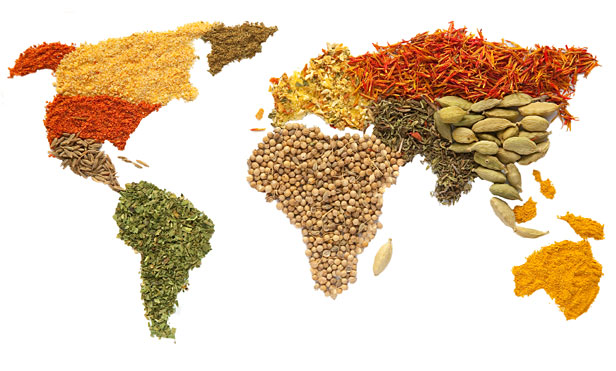Your award-winning chili recipe calls for grass-fed beef, organic tomatoes, and locally grown carrots. But what about the cumin? The salt? The chili powder? We greens have been well trained by now to look for fair trade everything, but sustainable spices have received less attention than other make-your-life-better products like chocolate and coffee.
But many spices are grown in monocultures that degrade land and encourage loss of biodiversity. Spice farmers are rarely paid a fair price for their products. And the products that make it onto grocery store shelves depend on artificial dyes and flavoring to trick even discerning palates.
To begin transitioning a spice cabinet to a better blend of seasonings, start looking for spices approved by FLO-CERT. The Germany-based company traces spices through the product supply chain to ensure that it's been fairly traded.



